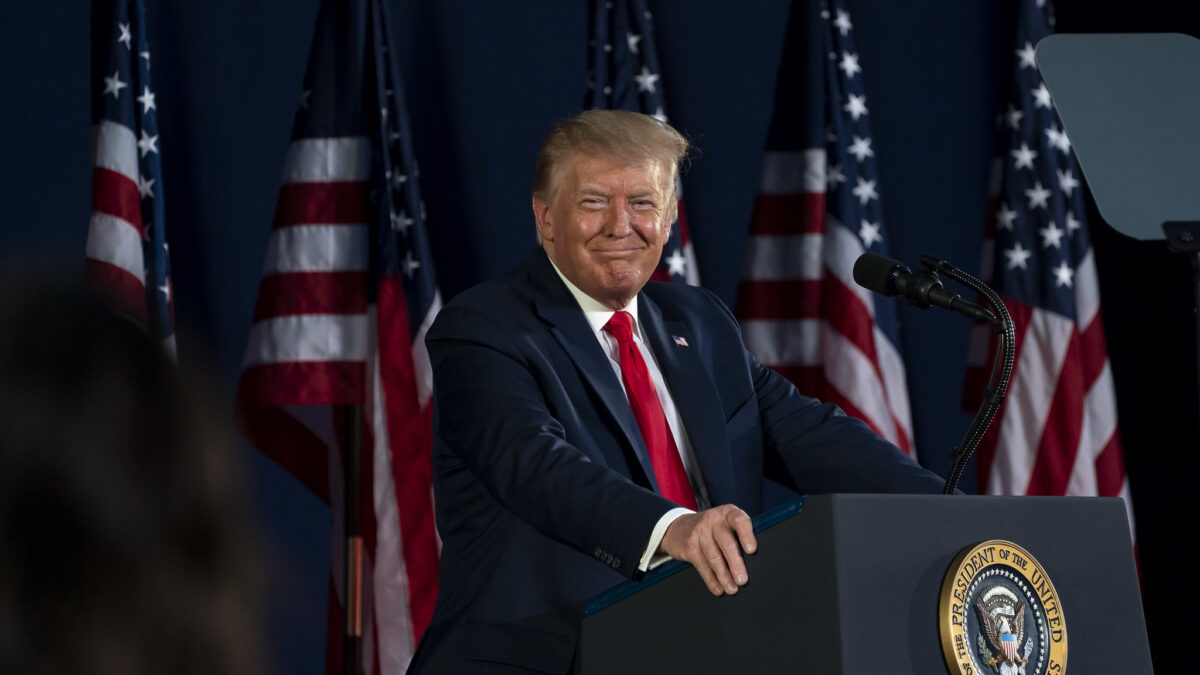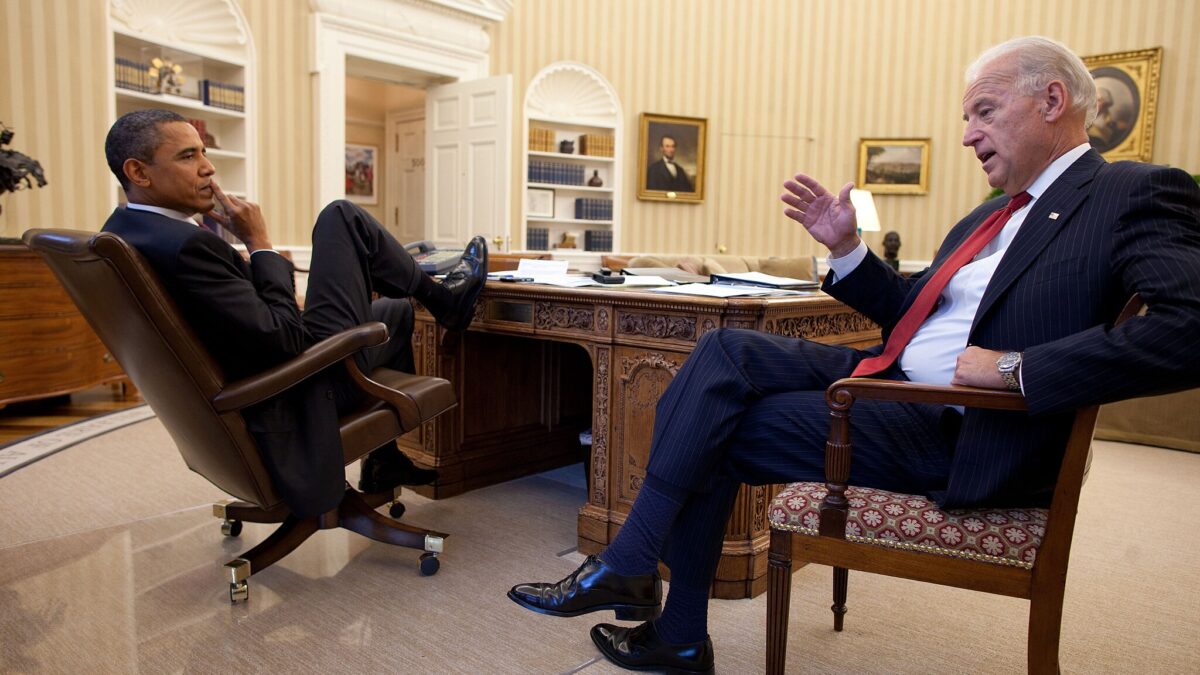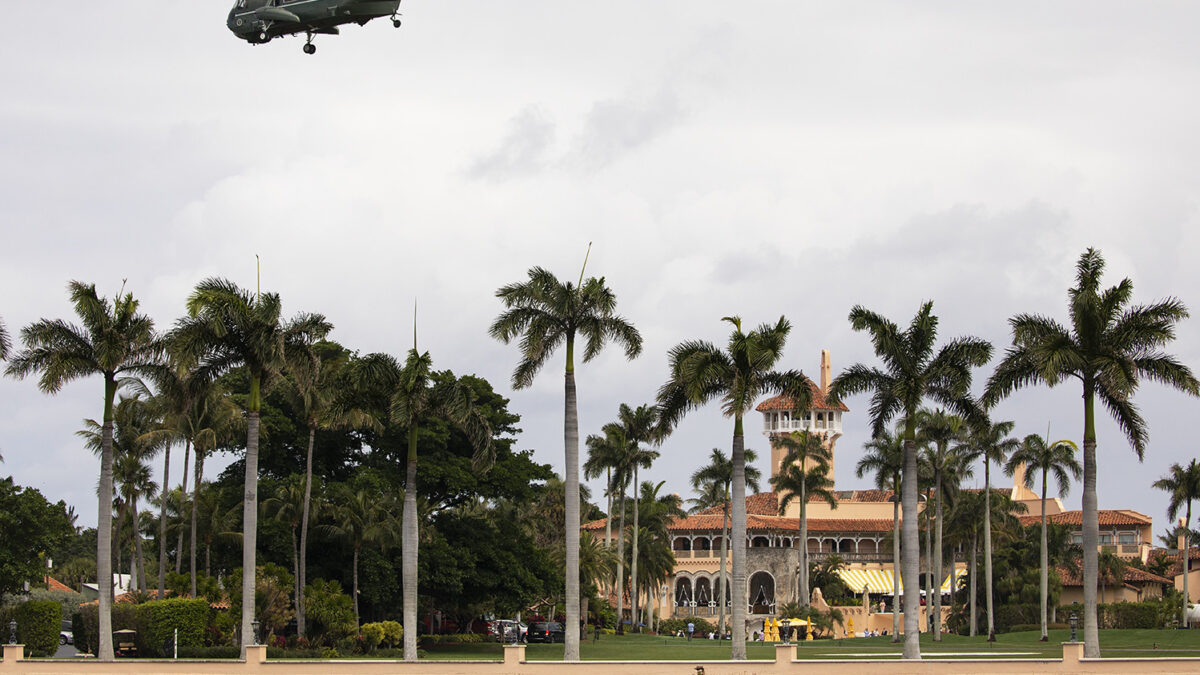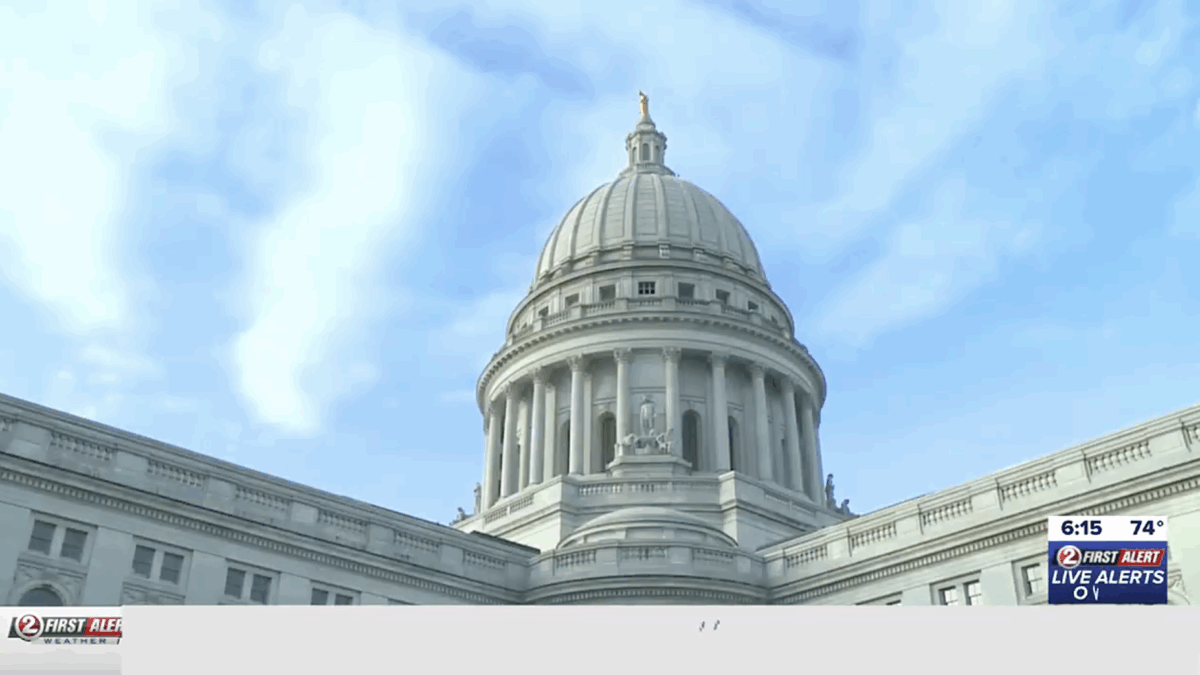While we await the sentencing in Alvin Bragg’s “hush money” prosecution in Manhattan, other cases against, or with implications for, President Trump remain active.
Two updates came out Florida and Washington D.C. this week, with one coming from the U.S. Supreme Court.
Here’s the latest information you need to know about each case.
Read our previous installments here.
Manhattan, New York: Prosecution by DA Alvin Bragg for NDA Payment
How we got here: Manhattan District Attorney Alvin Bragg — who “campaigned as the best candidate to go after the former president” — charged former President Donald Trump with 34 felony charges for alleged falsification of business records relating to a nondisclosure agreement paid by Trump’s former attorney Michael Cohen to pornographic film actress Stormy Daniels.
This criminal trial concluded on May 30, with the jury returning a guilty verdict that Trump is expected to appeal. The conviction does not affect President Trump’s ability to run for president, though it may present complications with his ability to run a modern presidential campaign.
Latest developments: Trump awaits sentencing on July 11.
Fulton County, Georgia: Prosecution by DA Fani Willis for Questioning Election Results
How we got here: The Georgia state criminal case is helmed by District Attorney Fani Willis, who charged Trump with 13 felony counts, including racketeering charges, related to his alleged attempt to challenge the 2020 election results in Georgia. This case is currently stalled while the Georgia Court of Appeals hears an appeal on whether Willis should be disqualified from the case. The hearing is scheduled for Oct. 5, 2024.
Latest developments: This case remains largely on hold.
Southern District of Florida: Prosecution by Biden DOJ for Handling of Classified Documents
How we got here: In this federal criminal case, Special Counsel Jack Smith and federal prosecutors with Biden’s Justice Department charged former President Trump in June 2023 with 40 federal charges related to his alleged mishandling of classified documents at his Mar-a-Lago residence. In early May, Judge Aileen Cannon postponed this trial indefinitely.
Latest developments: On Thursday, Judge Cannon issued an order allowing President Trump’s legal team to challenge the evidence gathered at Mar-a-Lago. Judge Cannon’s order stated that “further factual development is warranted” with respect to the search warrant executed at President Trump’s home in August 2022, which gives the Trump team the opportunity to forcefully challenge the evidence presented by prosecutors. One of the Trump team’s key allegations as to the impropriety of evidence revolves around the source of that evidence: the Trump team argues that federal prosecutors improperly ignored attorney-client privilege by obtaining evidence from his former lawyer.
This comes on the heels of the release of an additional batch of evidence purporting to show the FBI brought their own “cover sheets” to Mar-a-Lago and attached them to various documents around Trump’s home before taking and publicizing a sensational photo of the altered documents.
Washington, D.C.: Prosecution by Biden DOJ for Jan. 6 Speech
How we got here: In this federal criminal case, Special Counsel Jack Smith charged former President Trump with four counts of conspiracy and obstruction related to his actions on Jan. 6, 2021. President Trump’s lawyers have argued that immunity extends to actions taken by a president while acting in his official capacity and that, in any event, the First Amendment protects his right to raise legitimate questions about a questionable election process.
Latest developments: On Friday, President Trump notched a significant win thanks to the Supreme Court’s decision in Fischer v. United States. This opinion dramatically narrowed the types of conduct that can be prosecuted under 18 U.S.C. § 1512, an evidence-tampering statute. In the Fischer case, the Department of Justice used this statute to prosecute a Jan. 6 defendant for “obstruction of an official proceeding,” but the Supreme Court’s opinion makes it clear that such a prosecution was another overreach by federal prosecutors. In short, the court determined that 18 U.S.C. § 1512 only applies to limited cases of physical evidence tampering, not the act of physically preventing or disrupting such a proceeding, in this case the congressional proceeding to certify the results of the 2020 presidential election. The case was remanded to the lower courts for factual findings.
This Fischer v. United States decision will likely have significant implications for the Trump case on obstruction, since two of the four charges brought by Special Counsel Jack Smith are based on that statute. The Supreme Court remains likely to issue a decision on presidential immunity next week.
New York: Lawsuit by A.G. Letitia James for Inflating Net Worth
How we got here: Democrat Attorney General Letitia James — who campaigned on going after Trump — sued former President Trump alleging that he misled banks, insurers, and others about his net worth to obtain loans, although the loans have been paid back and none of the parties involved claimed to have been injured by the deals. Following a no-jury trial, Judge Arthur Engoron — whom Trump’s lawyers have accused of “astonishing departures from ordinary standards of impartiality” — issued a decision in February ordering Trump to pay a $454 million penalty. Trump has appealed this decision and posted a required $175 million appeal bond.
Latest developments: This case remains mostly on hold.








